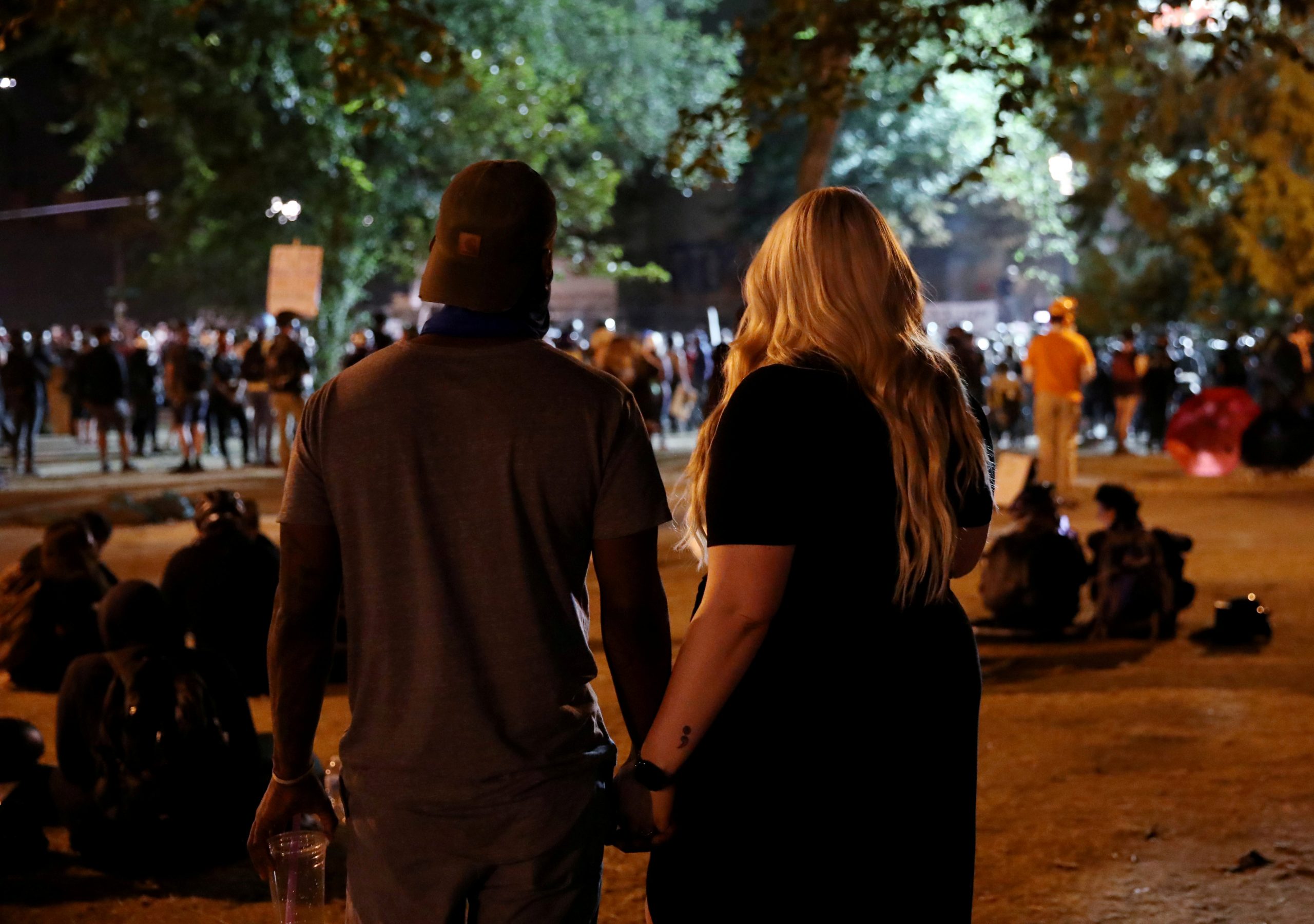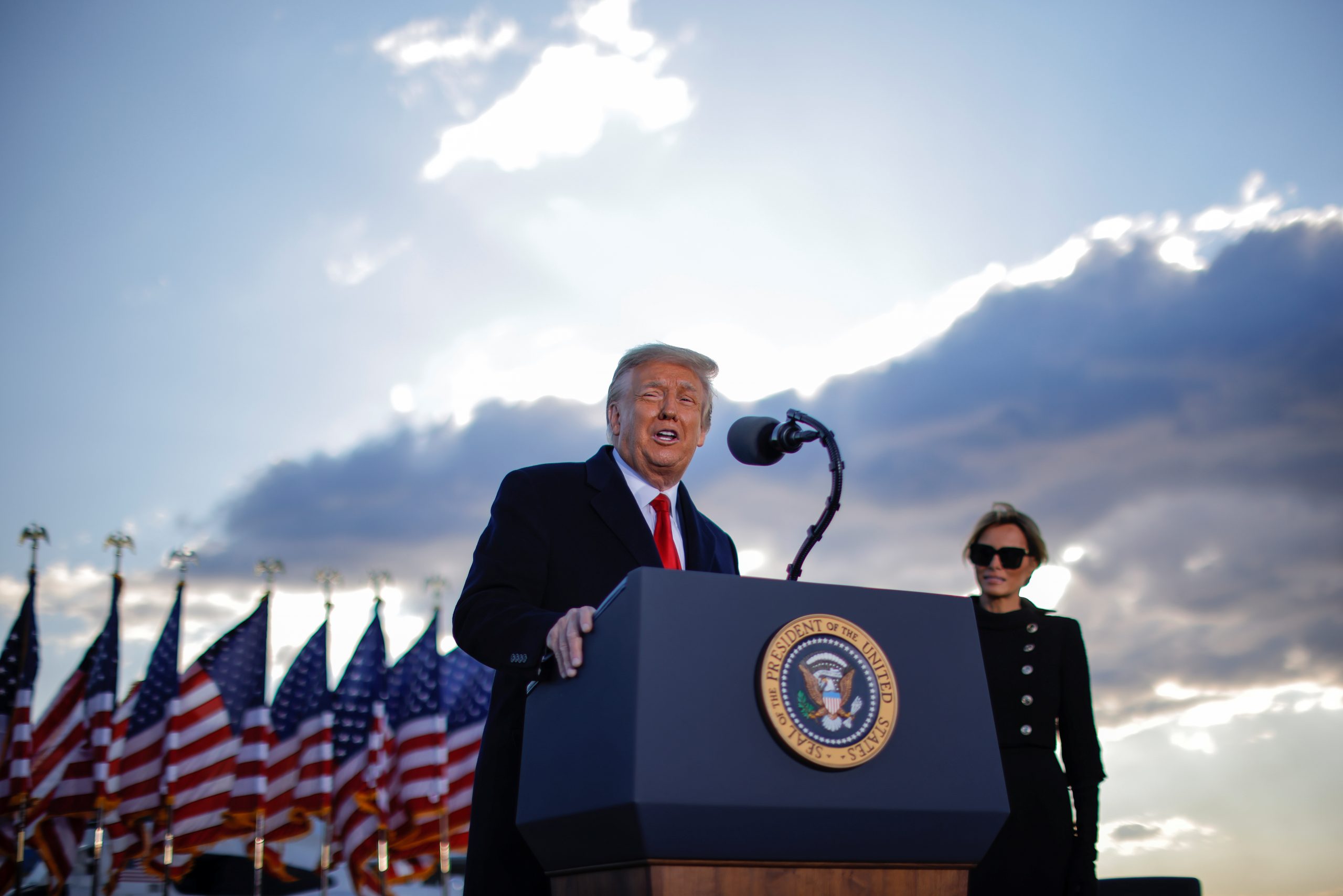Portland, Oregon’s District Attorney Mike Schmidt says his office will not prosecute protesters who have been charged with low-level offenses.
In a statement detailing the new policy released on Tuesday, Schmidt noted the protests that have been ongoing since the death of George Floyd on May 25.
The statement reads, “The demands for change go beyond a call for an end to police violence and encompass the need for us all to acknowledge and address centuries of racism and oppression.”
“As prosecutors, we acknowledge the depth of emotion that motivates the demonstrations and support those who are civically engaged through peaceful protesting,” he added. “We recognize that we will undermine public safety, not promote it, if we leverage the force of our criminal justice system against peaceful protestors who are demanding to be heard.”
Schmidt argued that prosecutors not only need to “advance the safety of our community,” but also “promote economic and housing stability, educational opportunities, strong family and community relationships, and the mental and physical health of all those who live in our county.”
He continued:
“Seen through that lens, the prosecution of cases relating solely to protest activities, most of which have a weak nexus to further criminality and which are unlikely to be deterred by prosecution, draws away from crucially needed resources. As stewards of public resources, we must devote our efforts to prosecuting crimes that allow us to protect our most vulnerable victims to have the greatest impact on promoting a safer community for everyone in Multnomah county.”
Schmidt added that his office would “presumptively decline to charge cases where the most serious offenses are city ordinance violations and crimes that do not involve deliberate property damage, theft, or the use or threat of force against a person.”
He outlined those charges: Interference With a Police Officer, Disorderly Conduct, Criminal Trespass, Escape III, Harassment, or Riot.
Additionally, Schmidt said that charges of resisting arrest or assaulting a public safety officer should be “subjected to a high level of scrutiny.”
Schmidt said officials should consider whether the officer had probable cause for the arrest, if the defendant was “recently subjected to tear gas or other less lethal force,” or if they were “otherwise in pain, or unable to hear, breath or see at the moment” the arrest or alleged assault occurred.
Additionally, he said officials should consider if “the act of resistance” was “unreasonably severe.”
And for charges of assaulting a police officer, officials should determine if there is “adequate documentation of the specific cause of the injury and the severity of the injury.”
Portland Police Chief Chuck Lovell said his department will continue to arrest those who violate the law, “Committing a crime is different from demonstrating.”
“The arrests we make often come after hours of damage to private property, disruption of public transit and traffic on public streets, thefts from small businesses, arson, burglary, attacks on members of the community, and attacks against police officers,” he added.

































